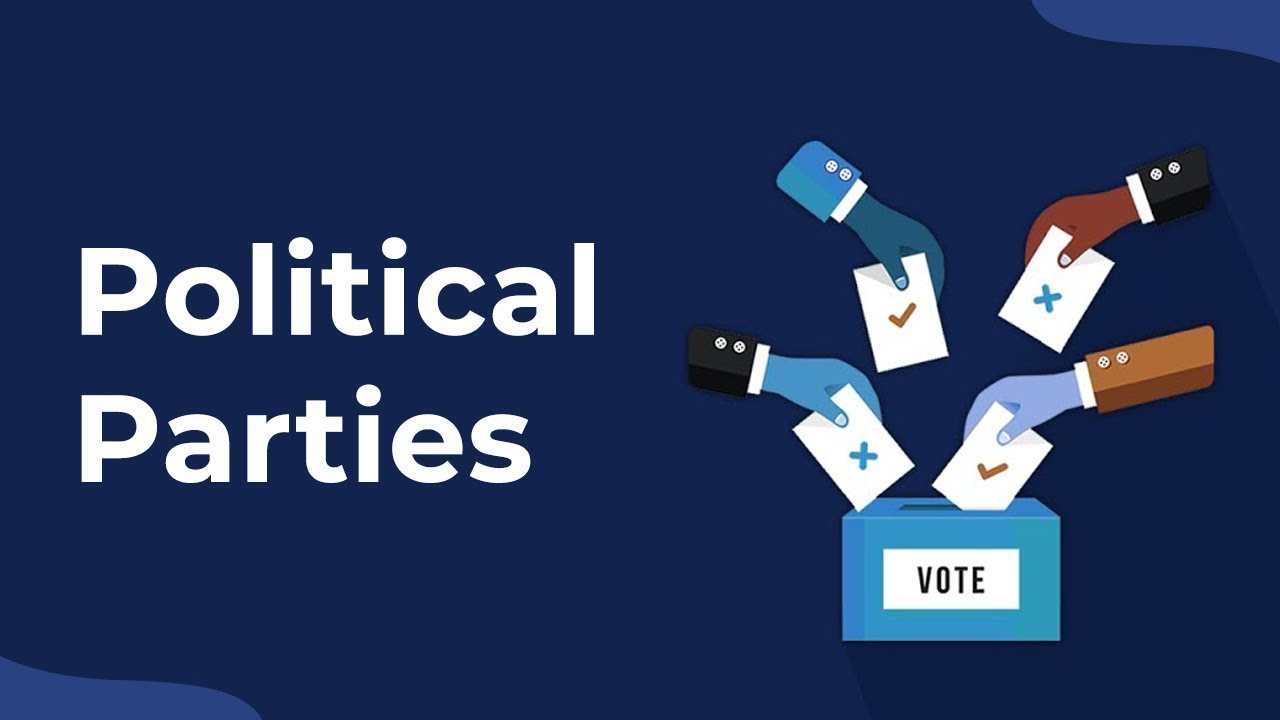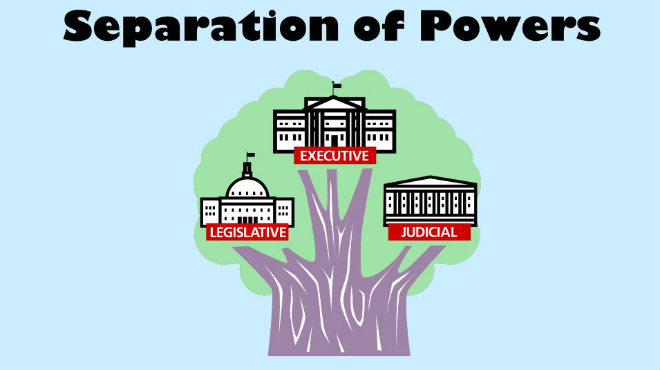Political Parties in Democracy: Promoting or Hindering
Explore how political parties in democracy impact the process of promoting or hindering democratic values and governance.

The Dynamic Role of Political Parties in Democracy
Political parties are the cornerstone of modern democratic systems, serving as critical conduits between citizens and government. They play a multifaceted role in promoting and, at times, hindering democratic processes. While their influence can vary widely based on the political and social context, this essay will explore the fundamental functions of political parties in democracies, shedding light on their potential to both strengthen and undermine democratic principles.
Representation of Diverse Interests
One of the fundamental roles of political parties in a democracy is to represent the diverse interests of the populace. They serve as vehicles through which citizens can aggregate their concerns and preferences, helping translate individual voices into collective policy choices. By offering a platform for citizens to join together and advocate for their shared values, political parties facilitate democratic participation and ensure that a broad spectrum of viewpoints is considered in the policymaking process.
Facilitating Democratic Competition
Political parties foster competition in the political arena, which is essential for the vitality of a democracy. Through electoral contests, parties provide citizens with choices among different policy platforms and leadership styles. This competition forces parties to adapt and evolve to meet the changing needs and preferences of the electorate, thereby improving the overall quality of governance.
Structuring Political Debate
In a democracy, political parties often serve as ideological anchors and help structure political discourse. They formulate comprehensive policy platforms and agendas, which become the focal points of public debate. This structured debate allows citizens to make informed decisions about the direction of their country and ensures that policy discussions are rooted in a clear set of principles.
Accountability and Oversight
Political parties play a crucial role in holding governments accountable for their actions. Parties that are not in power act as watchdogs, scrutinizing the actions and policies of the ruling party. This oversight function helps prevent abuse of power and corruption, reinforcing the democratic principle of checks and balances.
Promoting Social Cohesion
By mobilizing and organizing citizens, political parties can help promote social cohesion. Parties often serve as channels for people to come together based on shared values, identities, or ideologies. This sense of belonging can contribute to a more cohesive society, fostering greater understanding and cooperation among diverse groups.
Hindrances to Democratic Processes
While political parties are essential to the functioning of democracy, they can also pose challenges to democratic processes:
Polarization: Political parties, especially in highly polarized environments, can exacerbate divisions within society. Extreme partisanship can hinder compromise and cooperation, making it difficult to address complex issues.
Corruption: Some political parties may engage in corrupt practices, such as accepting bribes or engaging in vote-buying, which can undermine the integrity of elections and democratic processes.
Dynastic Politics: In some democracies, political parties can become dominated by political dynasties or entrenched elites, limiting opportunities for new voices and ideas.
Erosion of Democratic Norms: Parties in power may sometimes undermine democratic norms and institutions to maintain their grip on authority, posing a significant threat to the democratic system itself.
Strategies for Strengthening Political Parties in Democracy
Given the vital role of political parties in democratic processes, it is crucial to explore strategies to strengthen them while minimizing their negative impacts. Here are several approaches that can help enhance the role of political parties in promoting democratic values:
Electoral Reforms: Implementing electoral reforms can help reduce polarization and enhance the representativeness of political parties. For example, adopting proportional representation systems can encourage the emergence of smaller, more ideologically diverse parties, promoting a broader spectrum of voices in the political landscape.
Transparency and Accountability: Enforcing transparency and accountability measures within political parties is essential. This includes requiring parties to disclose their sources of funding and expenditures, as well as implementing mechanisms for party members to hold their leadership accountable for their actions and decisions.
Campaign Finance Reform: Regulating campaign financing can curb corruption and the influence of money in politics. Caps on political donations, public financing of campaigns, and stringent reporting requirements can help ensure that political parties remain accountable to their constituents rather than wealthy donors.
Civic Education: Promoting civic education is key to enhancing the quality of democracy. Citizens need to understand the importance of political parties, their role in the democratic process, and how to critically evaluate party platforms and candidates. Civic education programs can help citizens become more informed and engaged participants in democracy.
Inclusive Decision-Making: Encouraging political parties to adopt more inclusive decision-making processes can help mitigate the influence of elites and dynasties within parties. Open primaries, internal party elections, and mechanisms to ensure gender and minority representation can diversify party leadership and promote new voices.
Stronger Institutions: Building and strengthening democratic institutions that can act as checks and balances on political parties is essential. An independent judiciary, a free and vigilant media, and a robust civil society can hold parties accountable for their actions and ensure the protection of democratic norms and principles.
Social Dialogue: Encouraging open and constructive dialogue among political parties, civil society organizations, and citizens can help bridge political divides. Mediation and conflict resolution mechanisms can be employed to reduce polarization and foster cooperation on critical issues.
Ethical Leadership Development: Political parties should prioritize the development of ethical leadership. Training programs and codes of conduct can help instill a sense of responsibility, integrity, and commitment to democratic values among party members and leaders.
International Support: International organizations and democracies with established party systems can provide support and guidance to emerging democracies. Technical assistance, knowledge-sharing, and election monitoring can help strengthen political parties and democratic institutions.
Promote Multi-Party Systems: Encouraging the development of multi-party systems rather than one-party dominance can foster healthy competition and diversity of voices. It is important to create an environment where smaller parties have a fair chance to participate and contribute to democratic governance.
Political parties are central to democratic processes, both as vehicles for representation and as potential sources of challenges. Strengthening political parties while mitigating their negative impacts requires a comprehensive approach that includes electoral reforms, transparency, civic education, and strong democratic institutions. By addressing the challenges posed by political parties and promoting their positive contributions, societies can cultivate vibrant and resilient democracies that reflect the diverse interests and values of their citizens. Ultimately, the role of political parties in democracy is not fixed; it evolves with the choices societies make and the reforms they enact to enhance the democratic process.
What's Your Reaction?
















